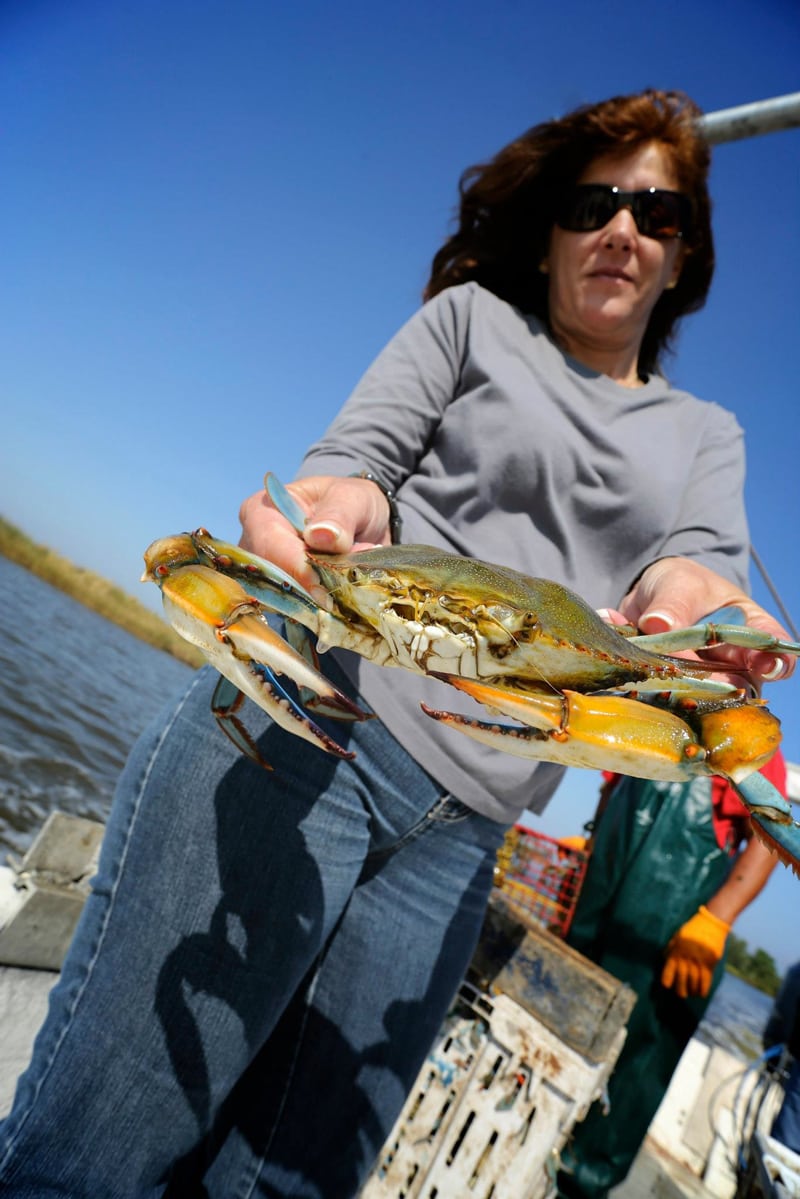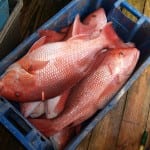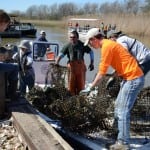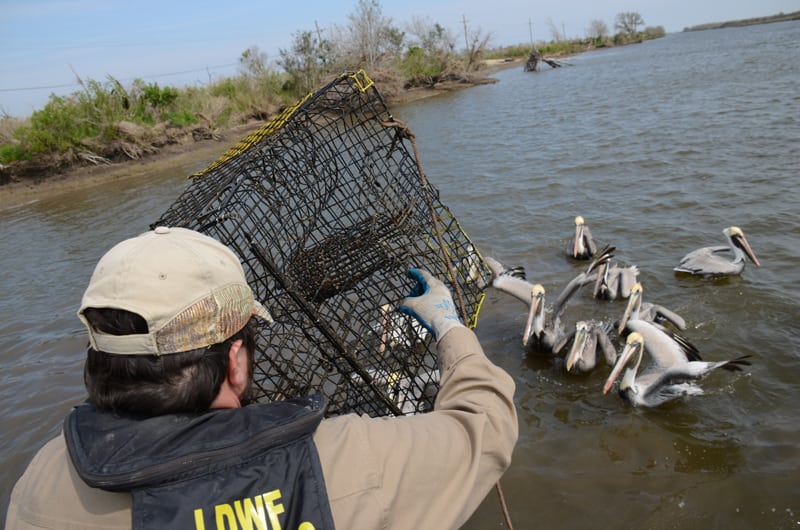About Fisheries
Louisiana’s fisheries touch the people of our state every day, providing food, recreation, and employment to all ages in all parts of the state.
Members of the commercial seafood community have overcome some difficult economic conditions and environmental setbacks to not just survive, but thrive. For many, the business of fishing is a way of life along Louisiana’s coast, and is more than just a job . . . it is a proud family tradition.
The resources of our fisheries is an important part of the state economy. It provides jobs, income, tax revenue and innovations that protect our beautiful, clean waters. As more and more consumers look for locally sourced and sustainably managed seafood, Louisiana fishermen, docks and processors are already well positioned to meet that demand.
Main Species




On Your Plate
Louisiana seafood is known around the world for taste, quality and variety. When you enjoy domestic seafood at home or in a restaurant, chances are excellent that it’s from Louisiana.
Almost 70 percent of the seafood harvested off the Gulf Coast is landed in Louisiana, making us the number one supplier of shrimp, oysters, blue crab, crawfish and alligator in the United States and a close second in the harvest of finfish.
To be successful, our harvesters, docks and processors need the proper knowledge to compete in the marketplace, and Louisiana Sea Grant and Louisiana Department of Wildlife and Fisheries provide those opportunities to our industry. LDWF has already begun a successful branding initiative of Louisiana Wild Certified Seafood; Louisiana Fisheries Forward is an extension of that effort—helping our seafood industry increase consumer confidence and receive a premium price for their catch.
Research
Louisiana Department of Wildlife and Fisheries and Louisiana Sea Grant have a successful, 45-year history of developing targeted educational outreach programs for the seafood industry.
This partnership marshals the strength of community-embedded marine extension agents with the subject matter expertise of university scientists and fisheries resource managers. Together, these experts pinpoint timely and challenging issues facing our industry and more importantly, offer options and solutions that overcome those issues.
Research is an important component of Sea Grant’s mission, and it is directly related to issues that affect our coast and fisheries. A great example is current research on sulfite vs. sulfite-free treatment of black spot in shrimp. Finding a sulfite-free alternative that effectively treats black spot will allow dealers and processors to use ‘chem-free’ labeling. LDWF fisheries management and preservation is also based on hard science using biological and environmental data.


